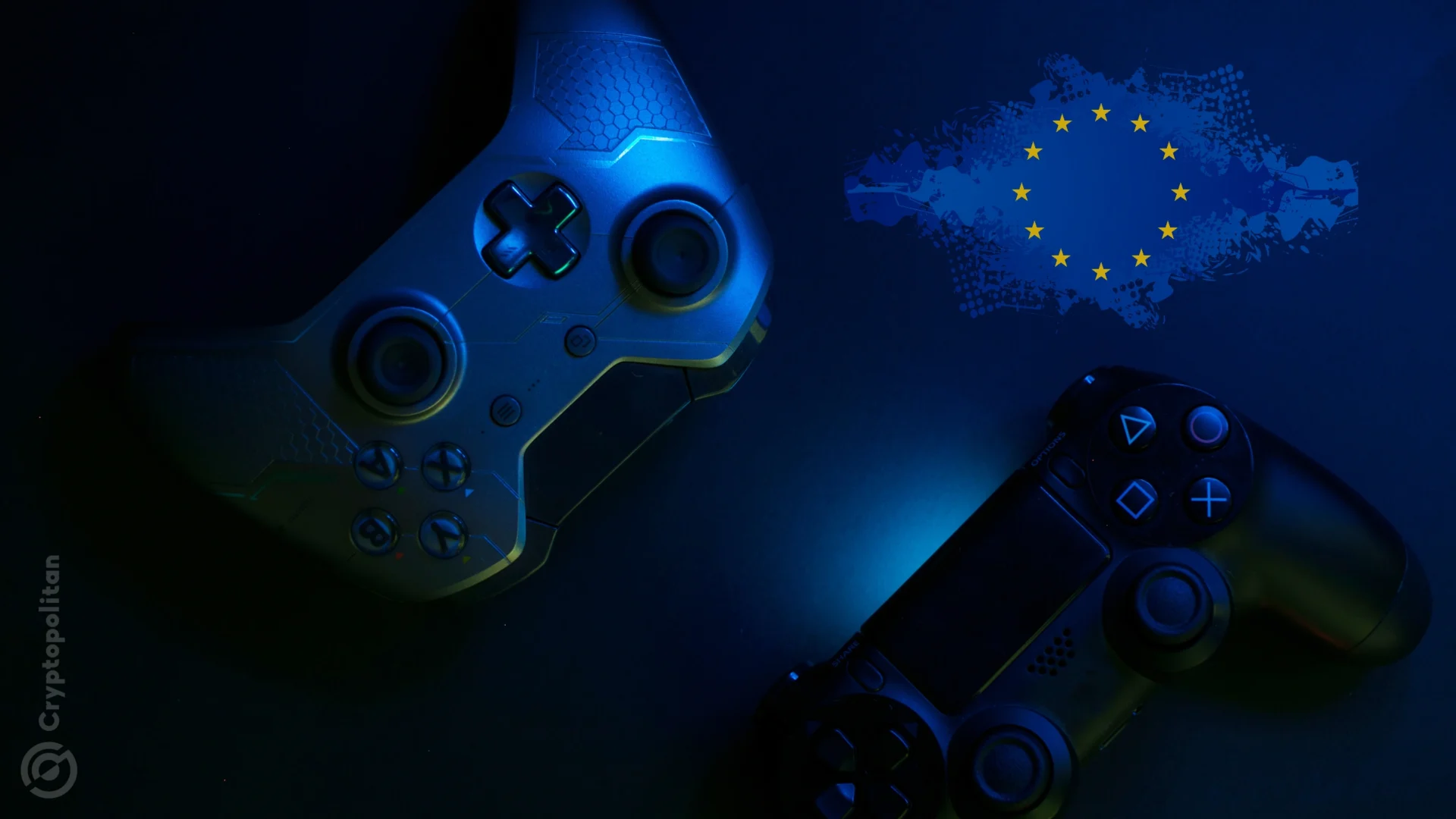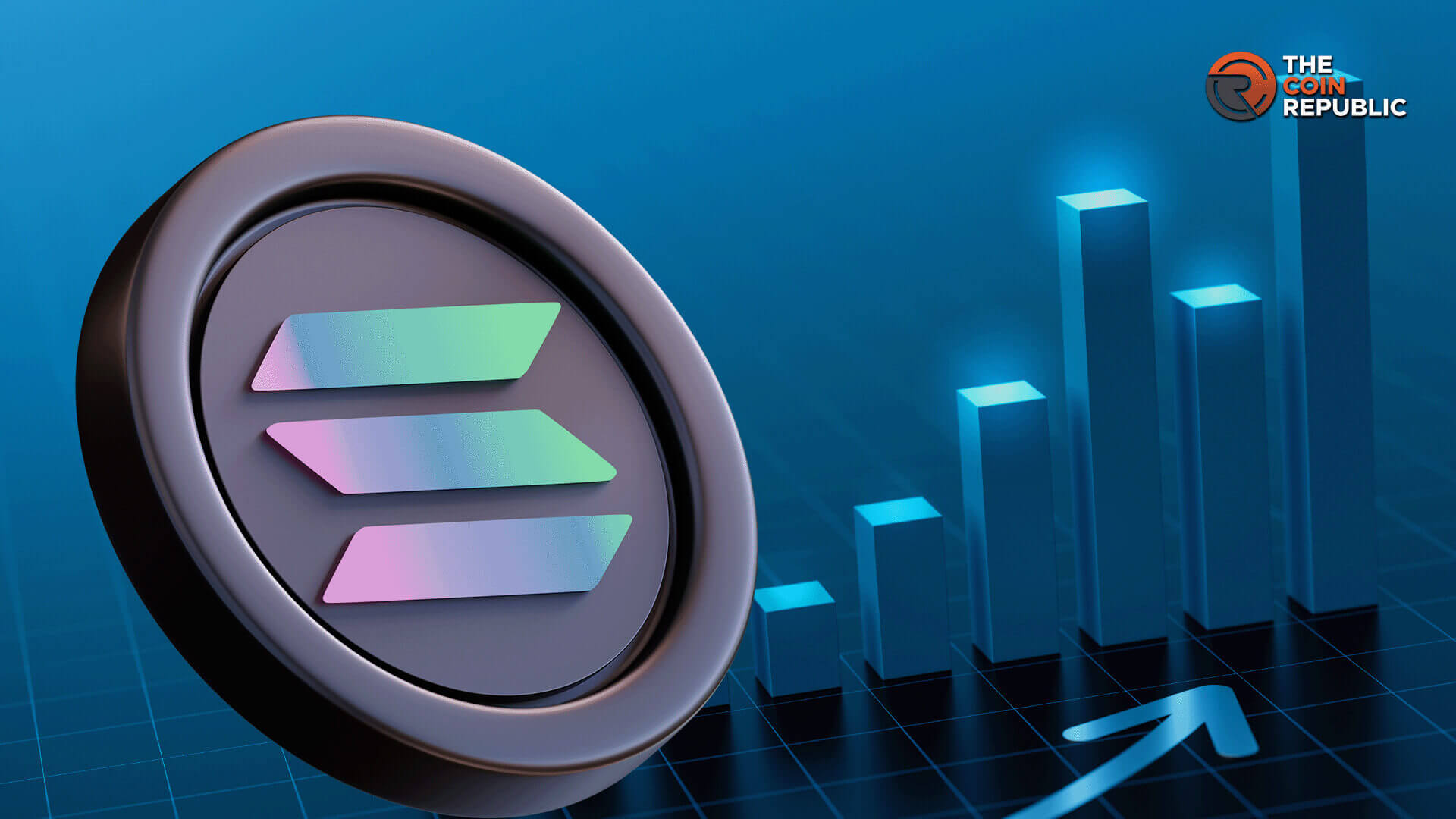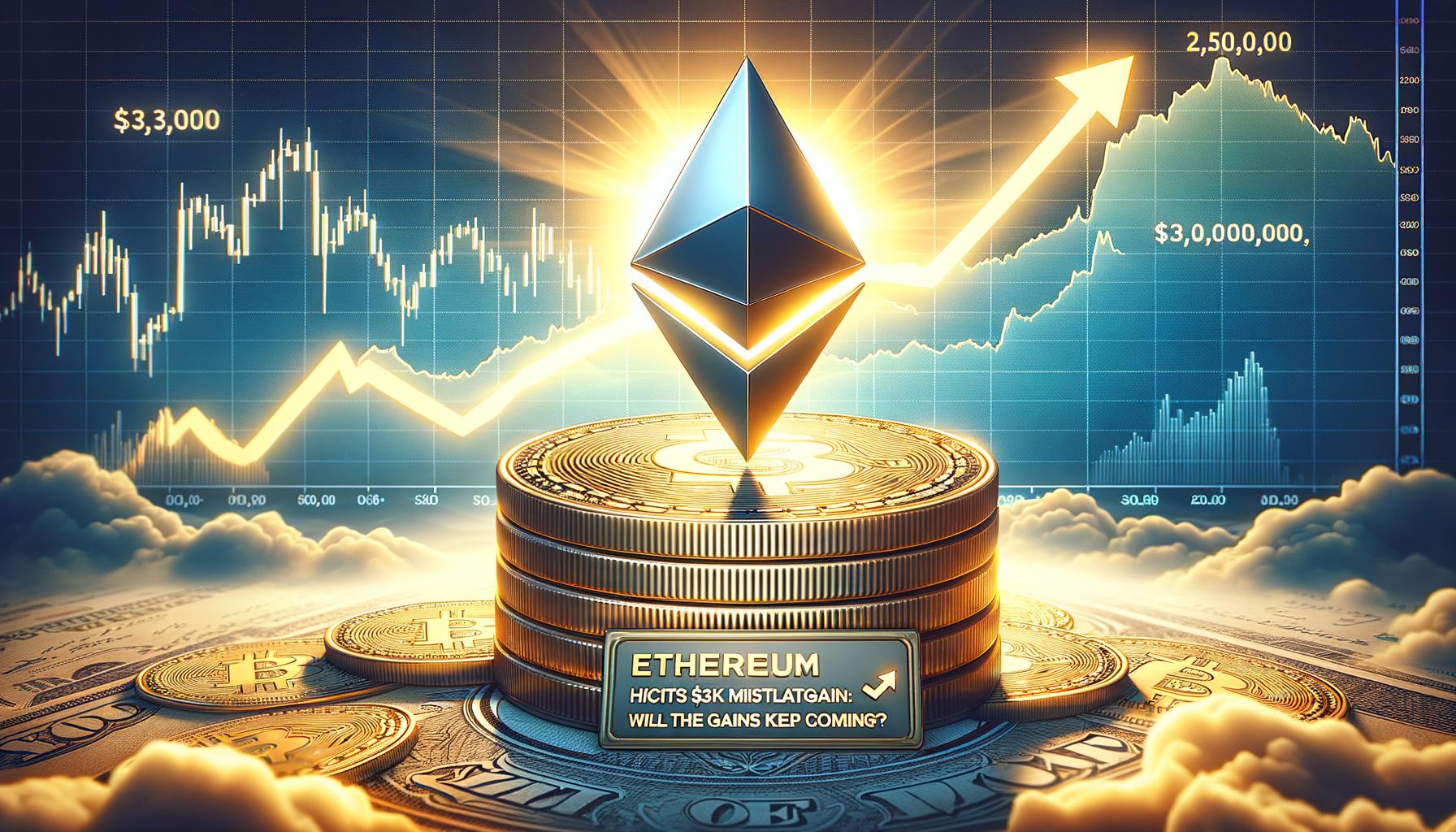
A September 12 statement from the Bureau Européen des Unions de Consommateurs (BEUC) revealed that the consumer protection umbrella group submitted complaints about manipulative in-game spending to the CPC Network.
According to the BEUC, the alert highlighted several unfair commercial practices by leading video game companies played by millions of European consumers.
Through a letter to the CPC Network dated September 12, the BEUC and 22 consumer protection organizations from 17 European countries submitted an external alert according to Article 27 of EU Regulation 2017/2394 (the CPC Regulation). The letter unveiled that video game companies adopted business models significantly reliant on in-game purchases through premium digital money.
BEUC analysis and evidence point to deceptive in-game spending practices
BEUC & 22 members have filed a complaint with the @EU_Commission & the European Network of Consumer Protection Authorities calling for a full investigation into unfair practices by major video game companies. https://t.co/5rq4JiNCXK
Hear from our Senior Legal Officer @ReginBXL 👇 pic.twitter.com/PBW9cFGPj7— The Consumer Voice (@beuc) September 12, 2024
The BEUC’s malpractice alert to the European Commission and the European Network of Consumer Authorities (CPC Network) called for more stringent enforcement against video game companies to ensure safe gaming environments for consumers.
According to the statement and the letter to the CPC Network, the regulator suspected most leading games, such as Fortnite and EA Sports FC 24, among others, of widespread infringement of the Unfair Commercial Practices Directive (Directive 2005/29/EC), the Consumer Rights Directive (Directive 2011/83/EU), and the Unfair Contract Terms Directive (Directive 93/13/EEC).
The BEUC asserted that issues flagged by the consumer protection group went beyond video games and applied to social media platforms and other marketplaces. Notably, the BEUC pointed out that better enforcement of the consumer law framework in the video game sector and further regulation in the future were essential.
BEUC’s statement disclosed that the video games industry generated more revenue from in-game purchases than the music and film industries combined. The statement asserted that deceptive practices were to be stopped, and the currencies used for in-game purchasing were to be displayed in real money.
Abstraction of in-game currency makes price changes undetectable
According to an analytical report published by BEUC, leading video game companies like Activision Blizzard, Mojang Studios, and Roblox Corporation used misleading tactics that did not comply with the EU rules on fair commercial practices. The regulator revealed that millions of European gamers, especially children, overspent because they could not see the real cost of digital items.
The European Consumer Organization affirmed that companies’ claims alleging gamers prefer in-game premium currencies were false. The BEUC asked the CPC Network, coordinated by the European Commission, to start a coordinated enforcement action to stop unfair commercial practices and ensure full-price transparency.
“Based on our analysis and the accompanying evidence […] consumers may fall prey to several deceptive practices when buying premium virtual currencies that confuse and disconnect consumers from the real value of their in-game spending.”
– Agustin Reyna, Director General at BEUC
According to Reyna, the online world brought challenges for consumer protection, and it was not a place where companies were allowed to maximize profits by bending the rules. He added that the purposeful tricking of consumers took a huge toll on children who found it difficult to make spending decisions without a calculator.







